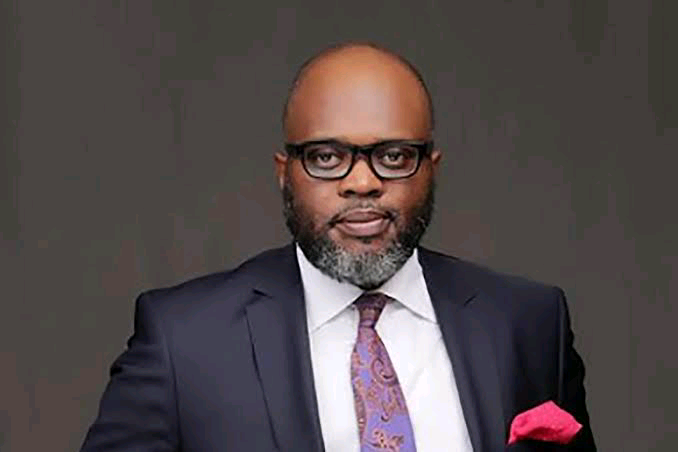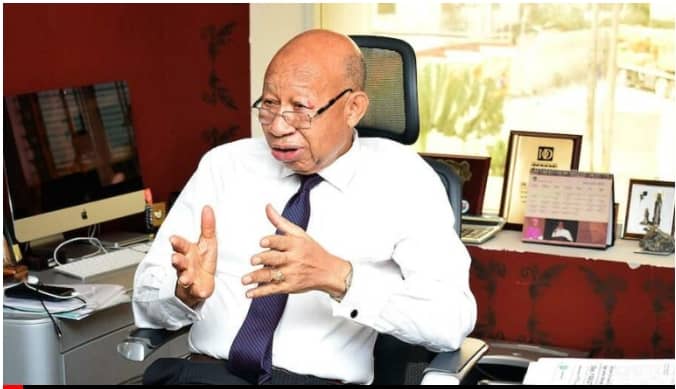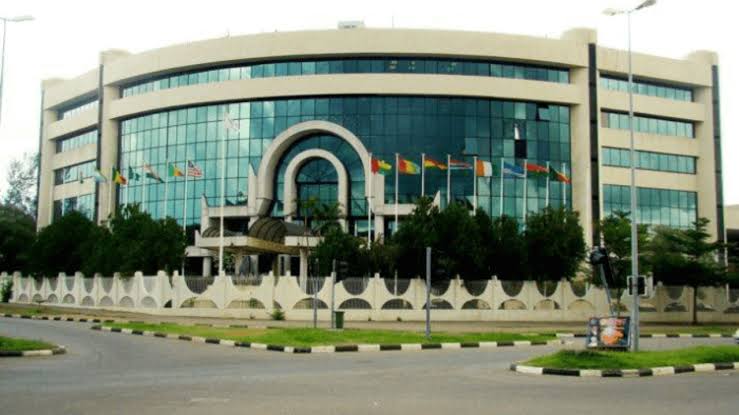The Special Adviser to President Bola Ahmed Tinubu on Economic Affairs, Dr. Tope Fasua, has hinted that Nigeria is heading toward achieving zero export of crude oil and zero import of refined petroleum products.
Fasua disclosed this yesterday during the Lagos Chamber of Commerce and Industry (LCCI) 2025 mid-year economic review and outlook.
He also said that the federal government will have a much larger budget in 2026 than it did in 2025.
Fasua spoke on “Half-Year Economic Review and Performance of 2025 Budget: Implications and Opportunities for Business.”
He said: “I am actually an advocate of larger budget even though that there is concern of how do we fund the budget. The whole idea of budget is what you want to do for your people.
“I am of the opinion that we need larger budget. I am hoping that the 2026 budget will be much larger than 2025. I mean that we will begin to think and plan for the people and do big things because we have huge infrastructural deficits that need to be financed.”
He said that multidimensional poverty is dependent on the level of Nigeria’s infrastructural development.
“That actually informed the views of President Bola Ahmed Tinubu in investing on infrastructure on a national level and also a lot of money has been released to the state governments as result of the current reforms and the states are also concentrating on infrastructure building.
“If we repeat that same report (on multidimensional poverty) maybe early next year, we could have actually seen a scenario where the number could have dropped significantly, maybe by 20 million or 30 million that have been taken out of the multidimensional poverty as a result of investments on infrastructure,” Fasua said.
He also said that Nigeria’s economy is changing and that the Naira is gradually being decoupled from the volatile crude oil market.
“I may think that the target is zero export of crude oil so that we may be able to send the crude to our local refineries and use it to rebut the economy because the more we produce here the better for us.
“So we have seen a scenario where the export of crude oil has reduced by 50 per cent at December 2024. And I think that this will ramp up even in 2025 and going forward.
“On the import side, Nigeria needs an import of $25 billion in terms of refined petroleum. As at 2024, the total for that was actually $10 billion, saving $15 billion.
“And if we do better with our local refineries this year the target is that we will import zero refined petroleum from abroad,” the special economic adviser said.
He said that cocoa was the second highest foreign exchange earner after crude oil in 2024.
“When I look at the export profile of Nigeria in 2024, I noticed that the second highest export in 2024 was cocoa. It moved from $800 million in 2023 to $2.6 billion in 2024.
“So the economy is changing with the fact that the creative economy is having a larger chunk of the economy. This economy is changing irrespective of our biases,” he said.
Fasua also said that “rebasing the economy will show that debt ratio to GDP will be probably 25 per cent. And any country that is sitting on 25 per cent of the GDP is a country that does not have plans for its people. We are waiting for the rebasing of the GDP and it is going to change a lot of things.”
Speaking on “The Implementation of the New Tax Laws and Impact on the Economy,” the Chairman, Presidential Committee on Fiscal Policy and Tax Reforms,” Mr. Taiwo Oyedele, said that the committee’s emphasis is on revenue, spending and borrowing in a manner that would move Nigeria forward.
Oyedele said that the work of the committee included reforming the country’s budgeting system, proposing constitutional amendments around the issues of fiscal federalism, taxing rights, application of government revenue and accountability of money collected by government.
Oyedele said: “Our mandate has four sub-components of which tax is one. We have government owned enterprises (GOEs) and how to maximise value from GOEs.
“Our analysis suggests that the NNPC Limited alone should give government between $10 billion and $15 billion every year from taxes, share of profit and dividend. That is more than our combined collections from many taxes.
“There is also revenue from government assets. The MOFI is doing assets register and my estimation is that it is going to be about N100 trillion. And 10 per cent return from these assets is N10 trillion in a year.
“Our key guide is providing enabling environment, ensuring policy coordination, fair taxation, sustainable borrowing and responsible spending.”
He also disclosed that the committee is collaborating with the National Assembly and other relevant government’s agencies to create a governance system for the administration of local government revenues.
He said that the local governments create the biggest problem of multiple taxes.
“It is even more painful that the revenues that they collect do not get to the government. In the whole of Nigeria in 2023, all the local governments reported less than N15 billion revenues.
“We are addressing that as well as governance because they have autonomy to spend their money. But I have not celebrated that judgment.
“As we speak today you will not find any budget or audited accounts of any local government online. Not a single one. How do we ask questions on accountability if we do not know what you are doing with your budget?”





